
Having a Temperature-sensitive Tooth
Many people tend to suffer from this specific dental problem. Namely, they tend to feel pain and discomfort each time their troublesome teeth have been exposed to hot or cold air, food or drinks. This is very uncomfortable and it serves as a clear sign of some ongoing dental problems. However, having this painful reaction upon contact with something hot is one of the worst symptoms of teeth problems. Our teeth consist of several different elements. A tooth has an outer, protective layer called enamel, guarding dentin, the inner layer, which is far less resistant and covers the pulp and the cementum, both being the central parts of our teeth. Additionally, gums play an important role, protecting the roots of our teeth. Now, as soon as the outer layer of our tooth has been depleted due to wear and tear or any other damage, we are to experience pain once in contact with something hot. Later on, bacterias are able to enter the tooth, through many small tunnels dentin consists of. This way, they reach the inner part of our teeth, causing pain, infections and other dental problems. During all these stages, we are likely to experience pain whenever we expose our problematic teeth to something hot.
Reasons Behind Teeth Sensitive to Heat
Most often, our enamel is damaged through either poor dental heath or aggressive brushing. Teeth grinding, acid reflux and tooth damage or decay of any sorts, all contribute to the onset of this condition. Additionally, aging often goes hand-in-hand with tooth deterioration. Finally, sometimes this pain may strike us after visiting the dentist and have our teeth worked upon. However, this kind of heat reaction usually disappears quickly. All in all, any tooth damage may give way to its painful reaction to heat.
Treatment and Means of Prevention
Before taking any actions, your dentist needs to find the reason behind the heat reaction your tooth has. After accomplishing this, he or she will either fix your problematic tooth or suggest an adequate treatment, involving special toothpastes and other similar oral products.
As for prevention, proper dental hygiene is crucial. Thus, brush your teeth at least twice a day, being gentle and using toothbrushes with medium or soft bristles. Make sure you clean your teeth good, not leaving any food particles or similar, potentially harmful things on their surface. Avoid smoking and eating acidic food. Finally, if you have grinding teeth habits, do your best to stop them, and make sure you visit your dentist regularly.


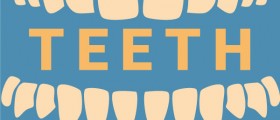

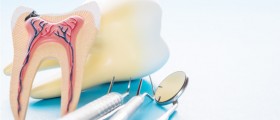

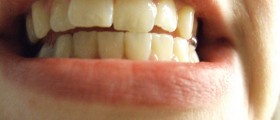


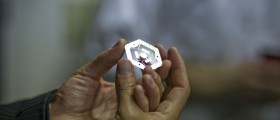




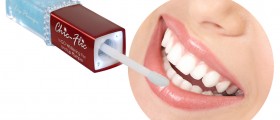


Your thoughts on this
Loading...